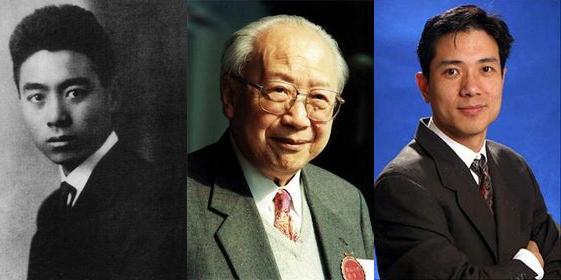Top 10 overseas study waves in Chinese history
- By Zhang Junmian
 0 Comment(s)
0 Comment(s) Print
Print E-mail China.org.cn, December 24, 2011
E-mail China.org.cn, December 24, 2011
It has been more than a century since China began to send its students and scholars to study overseas. Adhering to the creed "I leave, I see, I learn and I return to shape China", more and more Chinese students have travelled the world seeking advanced training from a global perspective.
The first study-abroad movement was launched in 1872 with the efforts of Yung Wing, the first Chinese to graduate from a prestigious U.S. university. The trend has continued into the 21st century on a larger scale than ever before, producing many elite talents who have made noteworthy contributions to China's national rejuvenation, social advancement and economic development.
In this list, China.org.cn examines the 10 major study-abroad movements in modern and contemporary Chinese history.
First Wave (began 1872) 第一次留學(xué)熱
Key Words: 1872, Chinese Educational Mission, Yung Wing
Major Destination: United States
The first wave of study-abroad movement began in the late 19th century after China's defeat in the Opium Wars. The findings of these Chinese scholars awakened the corrupt Qing Dynasty government to the harsh reality that China lagged far behind the West in its social and economic development.
Yung Wing, the first Chinese who graduated from Yale University in 1854, paved the way for China's first state-sponsored study-abroad program, known as the Chinese Educational Mission. With Yung's help, the government finally approved to dispatch 120 students aged 12-15 to study in the U.S between 1872 and 1875. At least 50 of them enrolled in famous universities such as Yale, MIT and Harvard.
Though the program came to a halt in 1881 due to disapproval of conservatives in the Qing court, many of these students later became top-notch professionals who made great contributions to the country's civil service, science and engineering. Some of the most prominent of these individuals include Tang Shaoyi, the first premier of the Republic of China; Tang Guoan, the first president of Tsinghua University; and Zhan Tianyou, the "Father of China's Railway" and "Father of China's Modern Engineering".
Go to Forum >>0 Comment(s)







